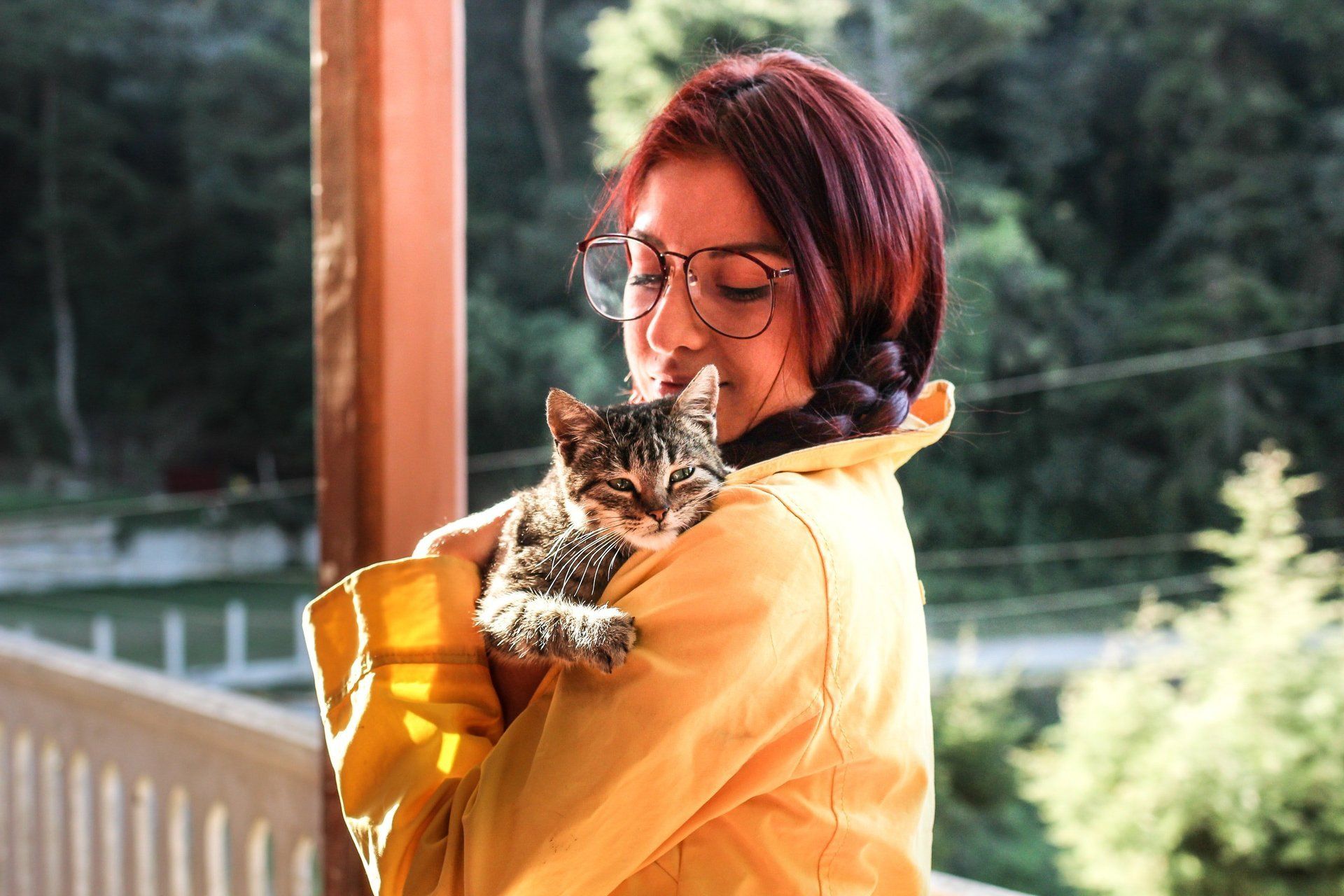How To Tell A Child Their Pet Died Pet Loss Grief
Often the loss of a pet is a child’s first personal experience of death, and as such, it offers you–the caregiver–a remarkable opportunity to shape the way they will deal with a loss far into the future. Let's discuss how to tell a child their pet died. While there are many resources to draw from, a review of the results in this shortlist of the top ten ways to help children:
- Be available to listen.
- Offer opportunities to talk about death and loss as they experience it in everyday life.
- Answer all questions about death and loss as honestly as possible.
- Do not isolate or insulate a child from grief. Remember grief is normal.
- Include children in rituals whenever possible and appropriate.
- Share your expressions of sadness and pain.
- Continue to expect a child to function. Be firm, yet gentle and kind.
- Pay attention to a child’s behavior and let them know when you notice a change.
- Find help for children who need it. Refer to support groups of counseling as needed.
- Continue to be available long after you think they “should be over it.”
The National Association of School Psychologists
offers these additional guidelines in caring for children after a significant personal loss, including the death of a pet:
- Allow children to be the teachers about their grief experiences.
- Give children the opportunity to tell their stories and be a good listener.
- Don’t assume that every child in a certain age group understands death in the same way or with the same feelings
- All children are different and their view of the world is unique and shaped by different experiences.
- Pet Loss Grief is a process, not an event
- Parents and schools need to allow adequate time for each child to grieve in the manner that works for that child. Pressing children to resume “normal” activities without the chance to deal with their emotional pain may prompt additional problems or negative reactions.
- Don’t lie or tell half-truths to children about the tragic event:
- Children are often bright and sensitive. They will see through false information and wonder why you do not trust them with the truth. Lies do not help the child through the healing process or help develop effective coping strategies for life’s future tragedies or losses.
- Help all children, regardless of age, to understand loss and death
- Give the child information at a level that he/she can understand.
- Allow the child to guide adults as to the need for more information or clarification of the information presented.
- Encourage children to ask questions about loss and death.
- Adults need to be less anxious about not knowing all the answers. Treat questions with respect and a willingness to help the child find his or her own answers.
- Let children know that you really want to understand what they are feeling or what they need.
Helpful pet grief resources on how to tell a child their pet died & with pet loss grief support
Our website is rich with valuable resources to help you and your entire family deal with the loss of your cherished pet–many of which were written especially with children in mind. We invite you to download one (or all) of the following:
How to Help Older Adults Cope with Pet Loss
You would think that loss affects us all–children, adults, and the elderly–in the same ways, wouldn’t you? But much as grief is harder for children because of their lack of experience with it; grieving in older adults can be more difficult simply because of all the loss they have endured in the past. Grief can be compounded by successive “layers” of loss–making its effects stronger and more debilitating. Because of their age and other life circumstances, older adults may:
- Experience several losses within a short time period.
Older adults are more likely than other adults to lose more than one friend or family member within a short time period. This can cause them to grieve the losses at the same time or grieve over a long time period. It may also cause them to feel overwhelmed, numb, or have a hard time expressing their grief.
- Not even be aware that they are grieving.
Older adults experience losses related to aging. They may need to give up roles within their family. They may lose physical strength and stamina. They may feel sad and experience other signs of grieving without knowing that they are grieving.
- Be unwilling to tell other people that they are grieving.
They may also be unwilling to tell other people how sad they feel when they see or care for older loved ones who are ill or aging.
- Lack the support system that they had in the past.
Older adults who depended on their spouses or other family members for social contact may lack a support system after their spouses die or other family members move away or die. These older adults may feel lonely and think that they have no one to confide in.
The top 5 ways you can help a grieving older adult include:
Pointing out signs of sadness or changes in behavior.
This may help the person become aware of his or her feelings and may help the person feel more comfortable talking with you about how he or she feels.
Older adults often have more than one loss to deal with at a time, so deciding to talk about each separately may also help the person feel less overwhelmed and more able to cope with their emotions.
Sources:
- National Center for Gerontological Social Work Education http://www.cswe.org
- Cigna Health Insurance http://www.cigna.com







